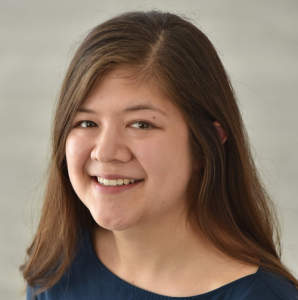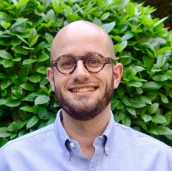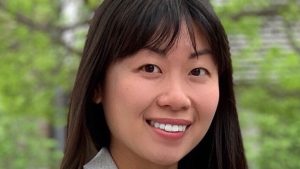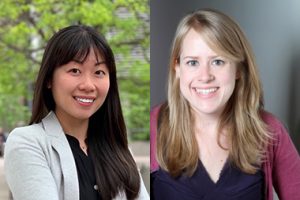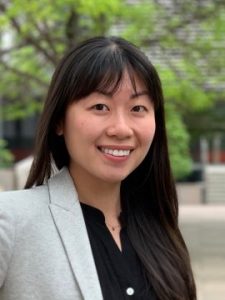Scope Conditions Episode 3.2: Repression Through Political Trials with Fiona Feiang Shen-Bayh
Dr. Fiona Feiang Shen-Bayh discusses the role of courts as political institutions, as well as her new book, ‘Undue Process: Persecution and Punishment in Autocratic Courts’ in this episode of Scope Conditions Along with Profs. Alan Jacobs and Yang-Yang Zhou.
Scope Conditions Episode 2.9: Israeli Partisan Polarization and Animosity with PhD Candidate Chagai Weiss
In this episode of Scope Conditions, PhD Candidate Chagai Weiss talks about polarization in nations outside the United States, exploiting naturally occurring features of Israeli politics, and the limits of using surveys to learn about the effects of elite behavior and institutions.
Scope Conditions Episode 2.8: Social Media and Authoritarian Regimes with Prof. Alexandra Siegel
UBC Professors Alan Jacobs and Yang-Yang Zhou discuss the nuanced relationship between social media and authoritarian regimes with University of Colorado Boulder Assistant Professor Alexandra Siegel in the latest episode of Scope Conditions.
Scope Conditions Episode 2.7: Europe’s Hidden Legal Architects with Dr. Tommaso Pavone
Dr. Tommaso Pavone says that the real architects of EU ascendancy were a ragtag band of entrepreneurial lawyers who coaxed reluctant judges into referring cases up to the European Court of Justice – even to the point of writing the judges’ referrals for them.
Dr. Alan Jacobs selected as new Department Head
We are thrilled to announce that Dr. Alan Jacobs has been selected as the next Head of the Department of Political Science. Dr. Jacobs will serve as Department Head starting on July 1, 2022 for a three-year term.
Prof. Yang-Yang Zhou awarded SSHRC Insight Development Grant
Congratulations to UBC Political Science Professor Yang-Yang Zhou, who was awarded $50,000 through the SSHRC Insight Development Grant for her book project, “Rejecting Coethnicity: The Politics of Migrant Exclusion by Minoritized Citizens.”
Prof. Yang-Yang Zhou’s research featured in The Economist
Prof. Yang-Yang Zhou’s and Andrew Shaver’s (University of California, Merced) shows that fears over civil conflict sparked by Afghan refugees could be misplaced. Their research found that the presence of refugee settlements did not increase the probability of conflict.
Prof. Yang-Yang Zhou awarded an NSF Research Grant
Prof. Yang-Yang Zhou and collaborator Prof. Margaret E. Peters (UCLA Political Science) have been awarded a research grant of $450,000 USD from the National Science Foundation for their book project, “Dignity and the Decision to Migrate, Where to Move, and When to Return.”
Hosting Refugees Does Not Increase Conflict Risk—Instead, It May Reduce It, Prof. Yang-Yang Zhou research finds
In their American Political Science Review article, Prof. Yang-Yang Zhou and Andrew Shaver investigate a commonly held assumption within academic and policy circles: the presence of refugees in host countries increases the likelihood of domestic conflict.
“Reexamining the Effect of Refugees on Civil Conflict: A Global Subnational Analysis” Prof. Yang-Yang Zhou publishes in APSR
Using new, global subnational data from the UNHCR on where refugees are located, Yang-Yang Zhou and Andrew Shaver find no effects of hosting refugees on conflict or violence.
